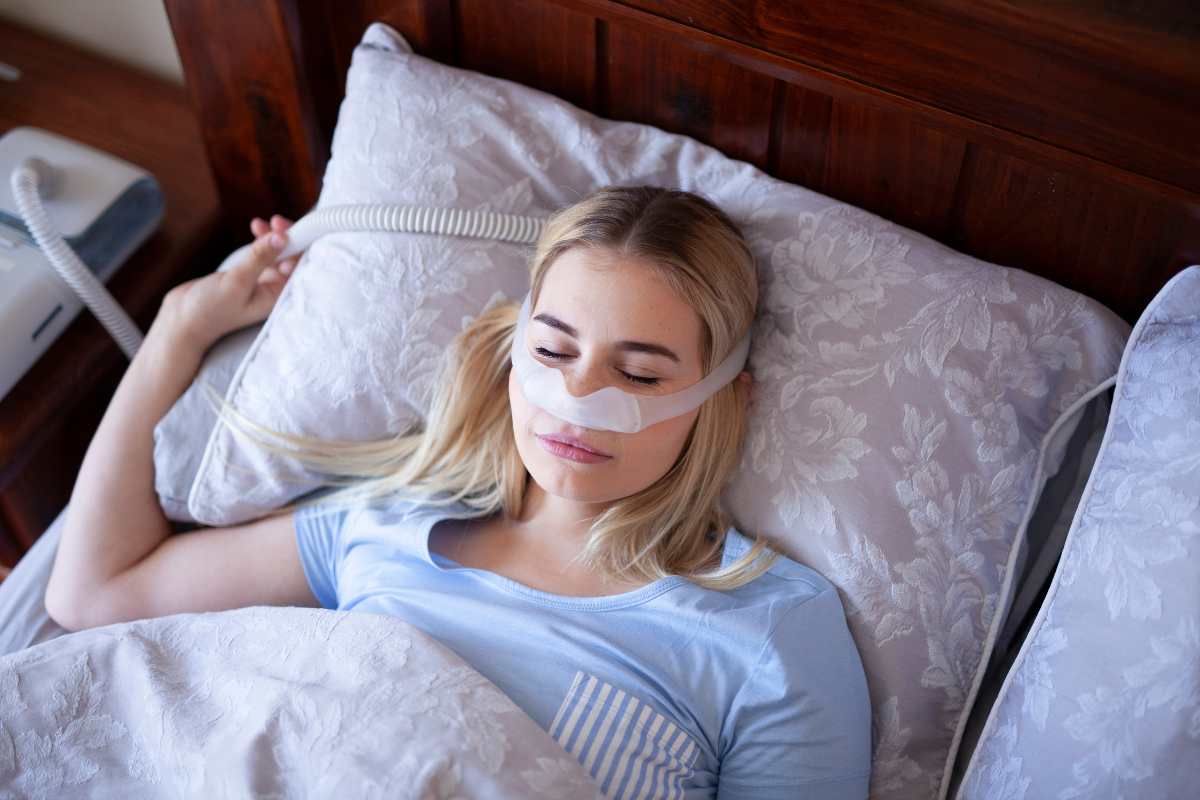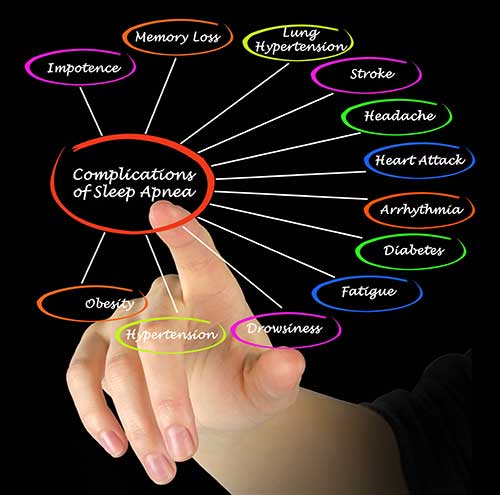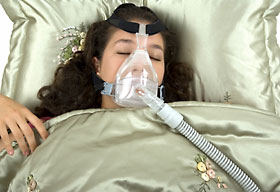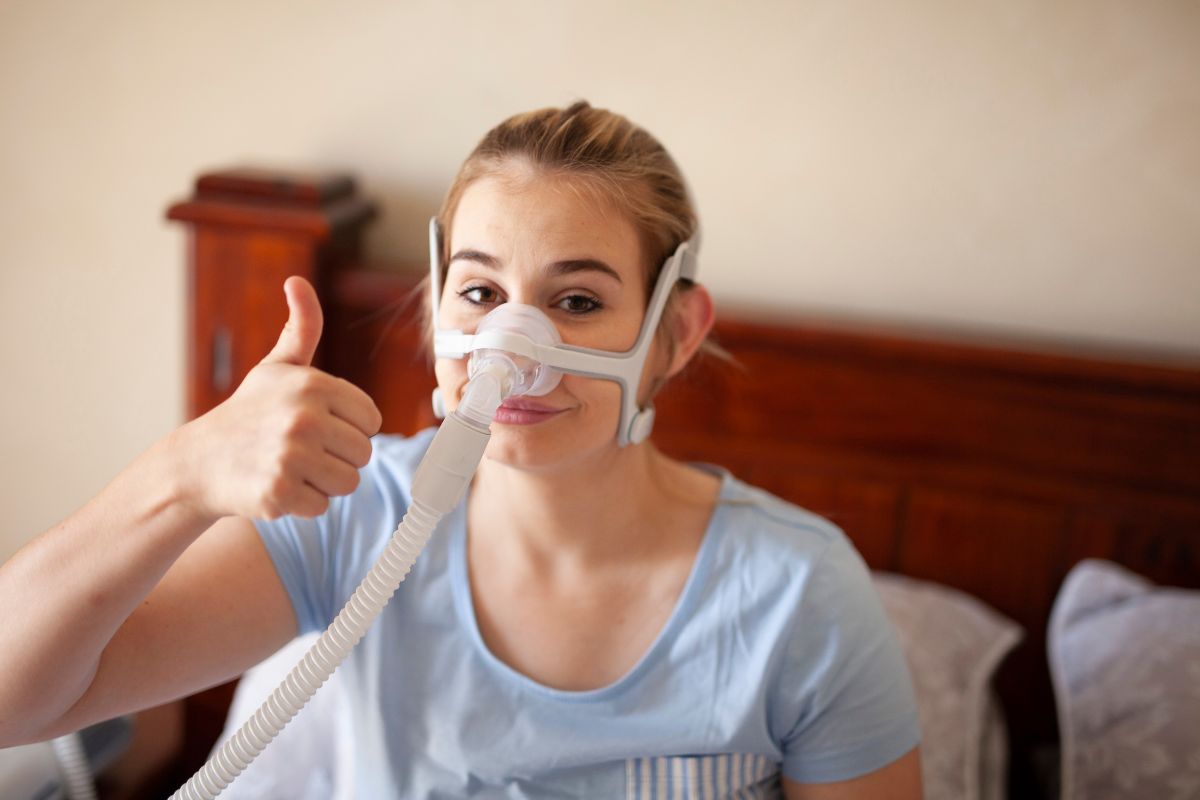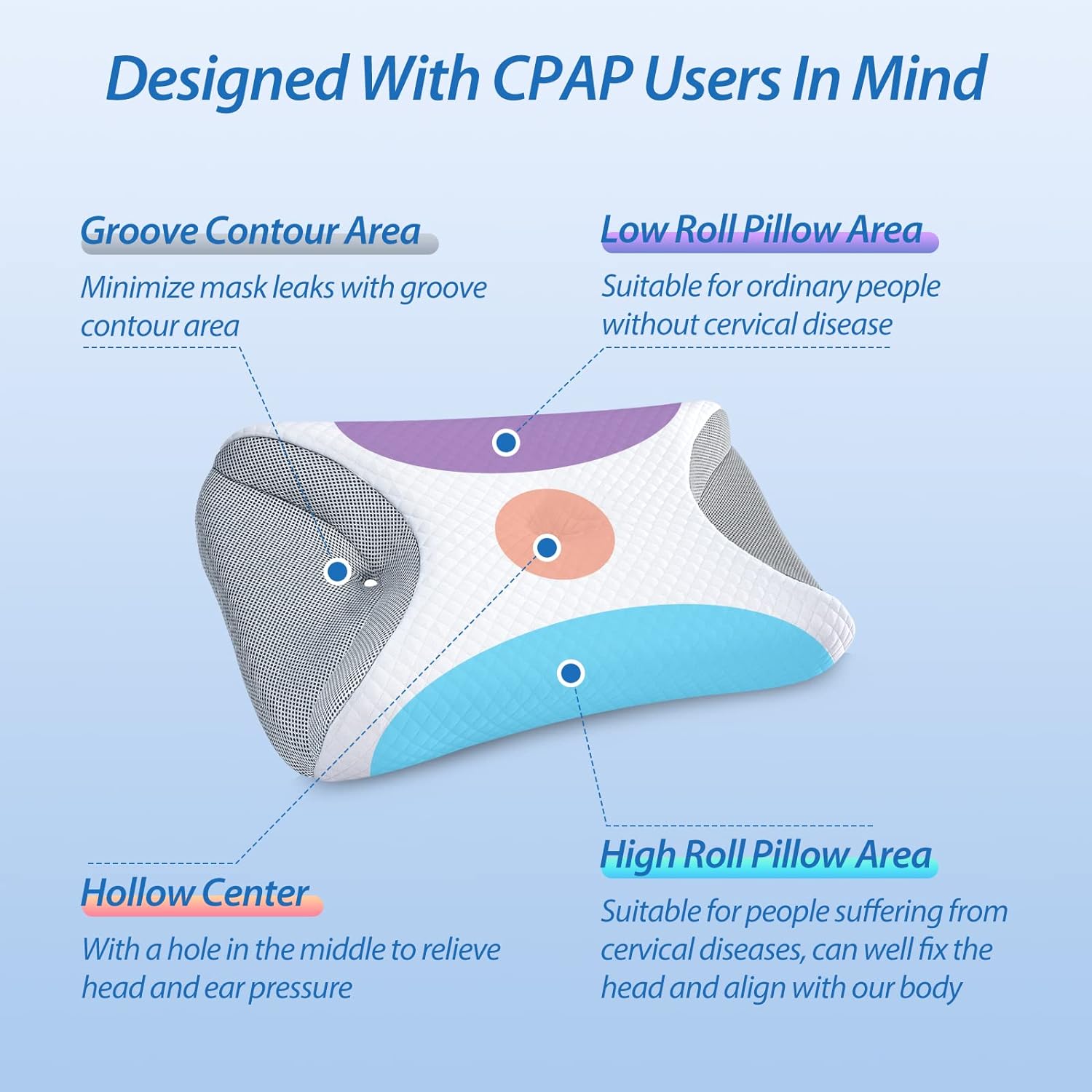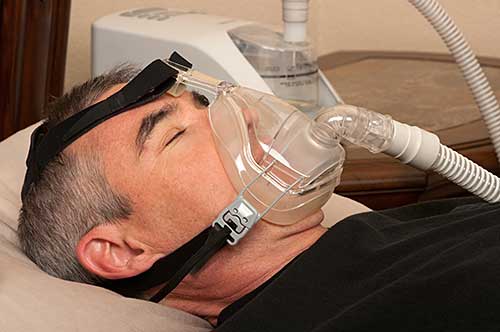Sleep Apnea Cures
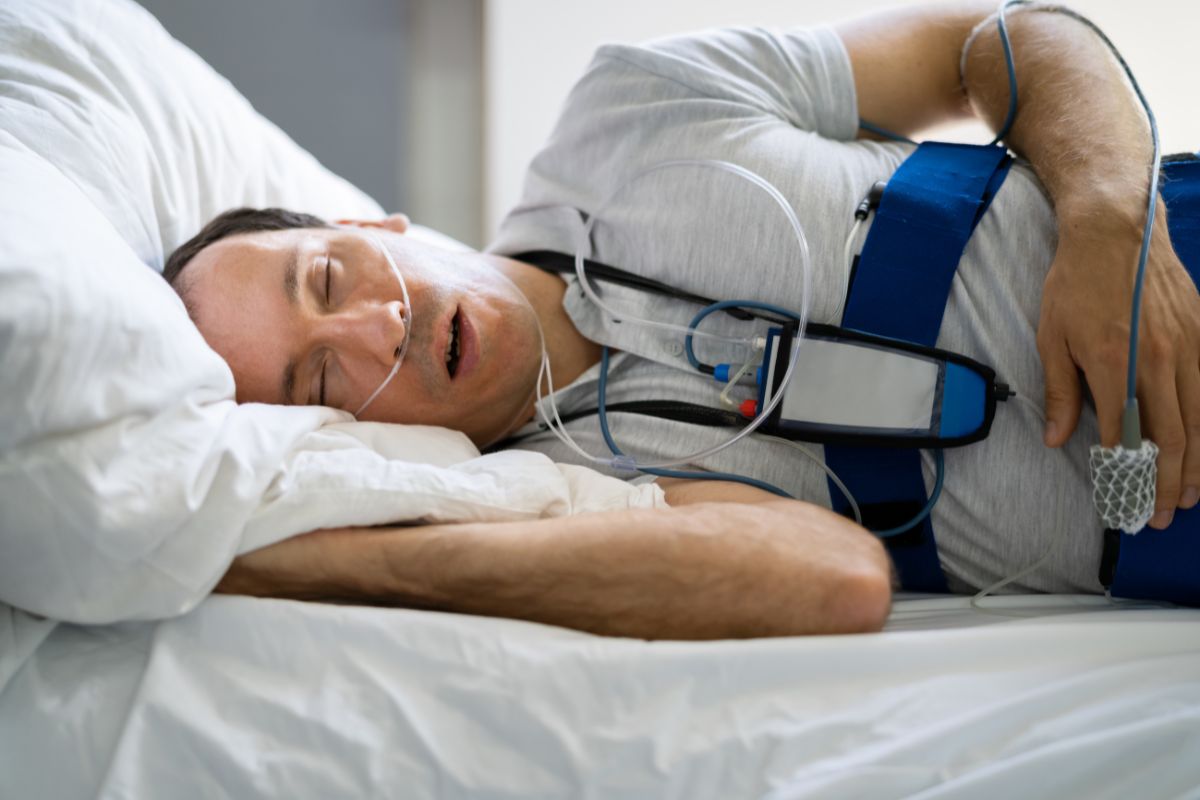
Are there really any cures for sleep apnea? Whether or not there are sleep apnea cures available for you depend a great deal on the type and severity of your sleep apnea.
First there are two main types of sleep apnea, central sleep apnea (CSA) and obstructive sleep apnea (OSA). You can find more information about the different types of sleep apnea here, but basically CSA is caused by a central nervous system disorder that interrupts the normal signal from the brain that tells the body to breath.
OSA, on the other hand, is caused by an actual obstruction to the airway. The obstruction can be caused by many factors including weight, shape of head, neck and jaw, size of tongue and tonsils, etc. (There is also a third type of sleep apnea, complex sleep apnea, that is a combination of both CSA and OSA.
Sleep apnea cures are more readily available for mild sleep apnea. Other cures for sleep apnea are really treatments that alleviate the symptoms and allow for easier breathing.
Simple and Natural Sleep Apnea Cures
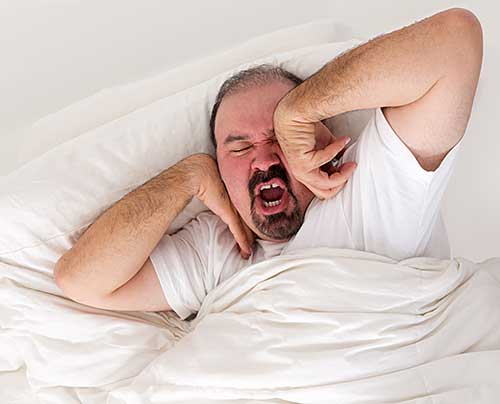
There are many lifestyle changes you can make to help control sleep apnea.
If your symptoms are mild there are several things you can do that can make a big difference.
- LOSE WEIGHT — Since one of the primary factors in developing sleep apnea is obesity the best thing you can do to cure sleep apnea is to lose weight. Of course this has many other benefits and will also help to put less strain on your heart, reduce blood pressure and reduce the risk of developing diabetes (all of which have been linked
to sleep apnea). - QUIT SMOKING — You know you should anyway, but if you are suffering from sleep apnea you now have one more good reason to quit smoking.
- SLEEP ON YOUR SIDE — Sleeping on your side, rather than your back will help because when you lay on your back it is easier for your tongue and soft palate to obstruct the airway. This is easier said than done because many who go to sleep on their side roll onto their backs after they are asleep. One solution is to sew a tennis ball into the back of your pajama top.
- AVOID ALCOHOL AND SEDATIVES — Taking either alcohol or sedatives (including sleeping pills) can contribute to sleep apnea by relaxing the throat muscles. If possible avoid them for several hours before going to bed.
- KEEP NASAL PASSAGES OPEN — Using nasal strips or saline sprays to help keep the nasal passages clear can provide some benefit. However, they may have drawbacks
as the strips can irritate the skin and sprays that contain antihistamines should not be used long term without the approval of your doctor.
Sleep Apnea Cures Through Surgery
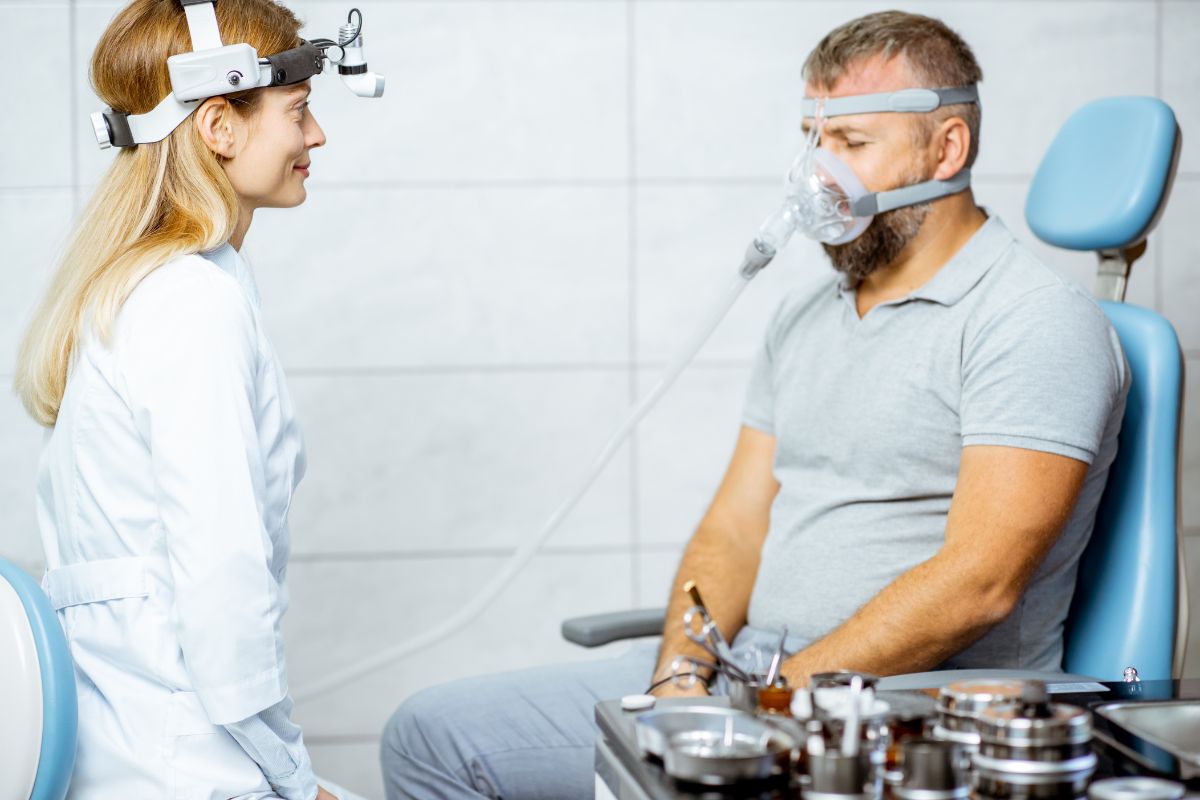
Cures for sleep apnea that is more severe may require surgery. There are various procedures that can be performed depending on the cause of your sleep apnea.
It should be said, however, that surgery is not a guaranteed sleep apnea cure. In some cases it may completely resolve the situation and in others can help dramatically. However, surgery is not without its risks and there is the possibility for infection and even that the condition could be worse than before the sleep apnea surgery.
Different surgical procedures that may provide relief of sleep apnea symptoms are:
- Uvulopalatopharyngoplasty (UPPP) — This procedure may involve removing the uvula, soft pallet, tonsils, adenoids and even part of the back of the tongue.
This is usually only done after continuous positive airway pressure therapy (CPAP) has not been effective. It can alleviete the symptoms but CPAP may still be necessary after surgery. (In children often removing the tonsils and adenoids is sufficient.) - Maxillomandibular advancement — Another procedure involves shifting the upper and lower jaw forward to provide more room at the back of the throat. This can provide
excellent results, however, some facial changes will occur.
Genioglossus advancment (tongue advancement) may also be performed along with this surgery. - Tracheostomy — As a last resort some sleep apnea patients opt for a tracheostomy. In a tracheostomy an opening is made in the throat and a breathing tube is inserted.
While the tube is covered during the day it is opened and used at night for breathing as this does not require the patient to breathe through the obstructed areas in the throat.
There are other treatments available but are they sleep apnea cures? Rather than cures for sleep apnea some may simply help to alleviate the symptoms and allow the patient to have as restful a sleep as possible.
Marc MacDonald is an independent sleep apnea researcher who says he has found alternative treatments. His book is called, Cure Your Sleep Apnea Without CPAP.
Examples of other sleep apnea treatments are CPAP and BiPAP sleep apnea masks, sleep apnea or snoring mouthpiece, sleep apnea pillow and supplemental oxygen.


